Calling In Reinforcements: When To See A Trauma Care Professional
Most of us will experience trauma at some point in our lives. An NIH study puts the numbers of adults experiencing a traumatic event over 70% for adults, with 30.5% having experienced four or more.
What is trauma?
Ugh, statistics. And those statistics above are gnarly. And also, they’re likely low. What?
For purposes of studies, different events that are common traumatic stressors are the basis for determining numbers. Some of the most obvious traumatic stressors include violence and clear life threat. But those aren’t the only traumatic stressors as far as our nervous systems are concerned.
My favorite definition for trauma comes from my colleague Resmaa Menakem who says that it’s anything which happens too much, too fast, too soon, and with not enough of what we need to remain well (that’s my slight paraphrase, hence no quotes). When that too much-ness overwhelms our ability to integrate the stressor, it’s traumatic.
So what does trauma do?
When too much, too fast, too soon happens in the context of enough, humans are quite resilient and recover well from stress. When we’re in secure relationships, when we have the emotional and physical capacity and resources to cope, something shocking will shock us—then we’ll complete our stress response and be done with it.
When we don’t quite have enough of what we need, however, shit gets real.
Human physiology responds to stressors in a number of ways—elevated stress hormones, shallower, more rapid breathing and heartrate, increases in muscle tone, constrictions in vision, etc.
All of this is designed to make sure we survive a threat—so we can fight or flee. After that, importantly, our physiology is supposed to return to baseline. When the threat doesn’t pass—because we’re in an abusive relationship or living in a difficult neighborhood or we’re living in a body that our culture abuses—our stress response persists instead.
And when that happens, we’ll find it hard to take in the resources that we have. That can happen in literal, physical ways as well as emotional, social and spiritual ones. The effects of ongoing stress and trauma response include challenges with sleep, digestion and pain. Other effects include anxiety, depression, flashbacks, panic attacks and numbness or dissociation. Additionally, struggles in relationships are common and distressing to trauma survivors.
Well how do I know if it’s too much?
People tend to normalize whatever we’re living—which is adaptive for getting through it and really tough for moving past it. I’ve had folks in my office report that all their trauma is “little t” yet they’re having massive anxiety and difficulty settling, for example…and then I get a little history and find out that hell no it wasn’t.
I’m a big fan of letting our bodies be our guides. It’s too much if you aren’t comfortable in your body. It’s too much if you’re experiencing significant challenges with your ability to sleep, settle, eat, and connect with yourself and other people.
Can’t I heal on my own?
Emphatically, no. Most of us are hurt in relationship—and we heal in relationship. That doesn’t mean that every traumatized person needs a trauma care professional at all times—but it does mean that we need at least one other being we feel safe enough with to heal.
By all means, if you’re in a supportive relationship of any kind—to a partner or partners, to friends, community, or animals, and you’re able to feel whole enough of the time, keep on. We all deserve that kind of support around us.
If you’re struggling, if presence is difficult to come by a lot of the time, you need and deserve help.
What kind of trauma care professional is right for me?
There are so many different approaches to healing, and all of them are right for somebody. You are the best judge of what’s right for you. But how will you know?
Regardless of the modality a trauma care professional is using, the most important thing they can offer is enough relational safety for you to risk trusting them. There are a number of ways you might judge that—but from my perspective the bottom line is:
Does it feel like this person cares about me, sees me, and values me?
I’ll follow up soon with more guidance about how you might go about finding a trauma care professional and feeling them out.
If you’ve read this far, understand that you’re struggling with some post traumatic stress and need more clarity, the free download below can help you.
Free trauma self-assessment
